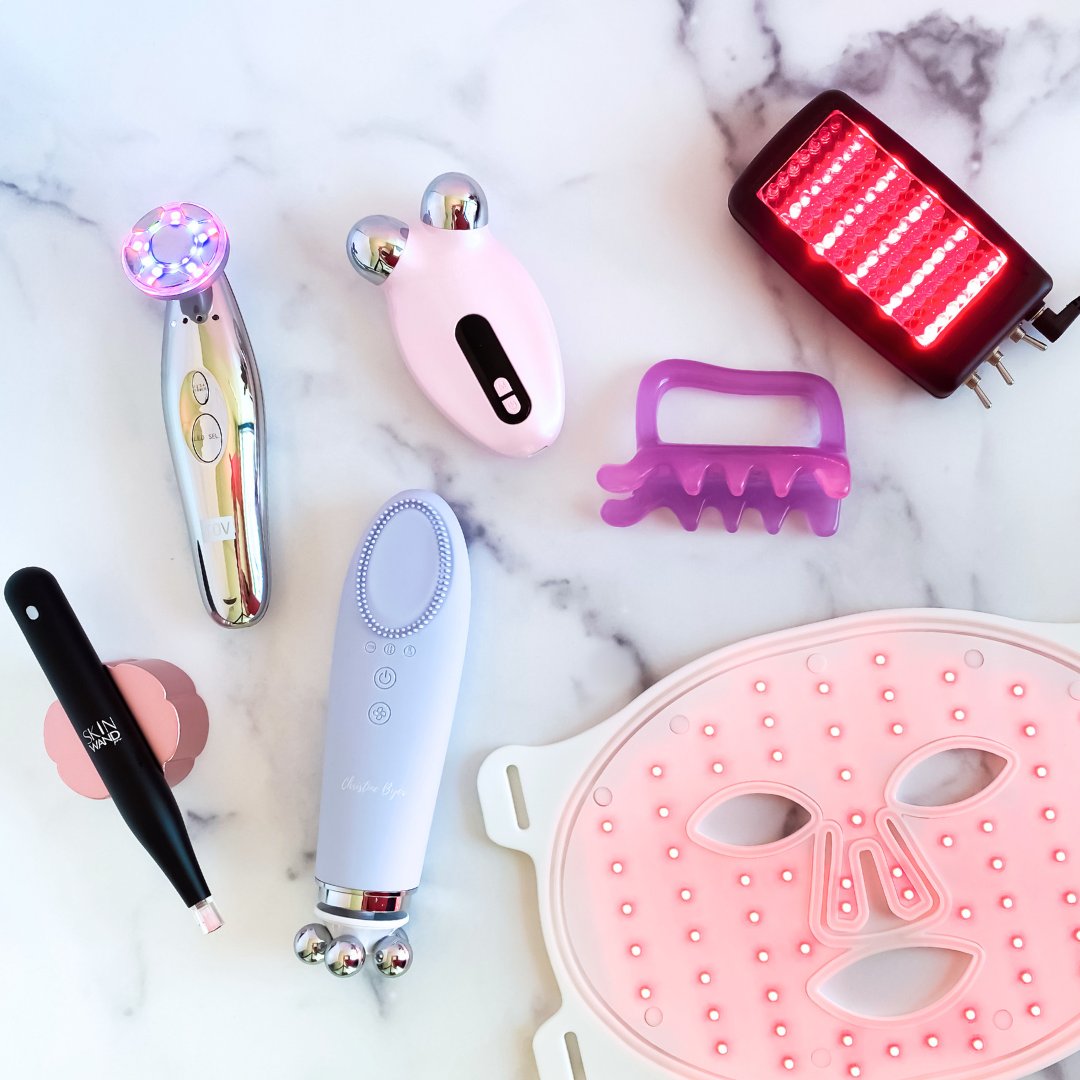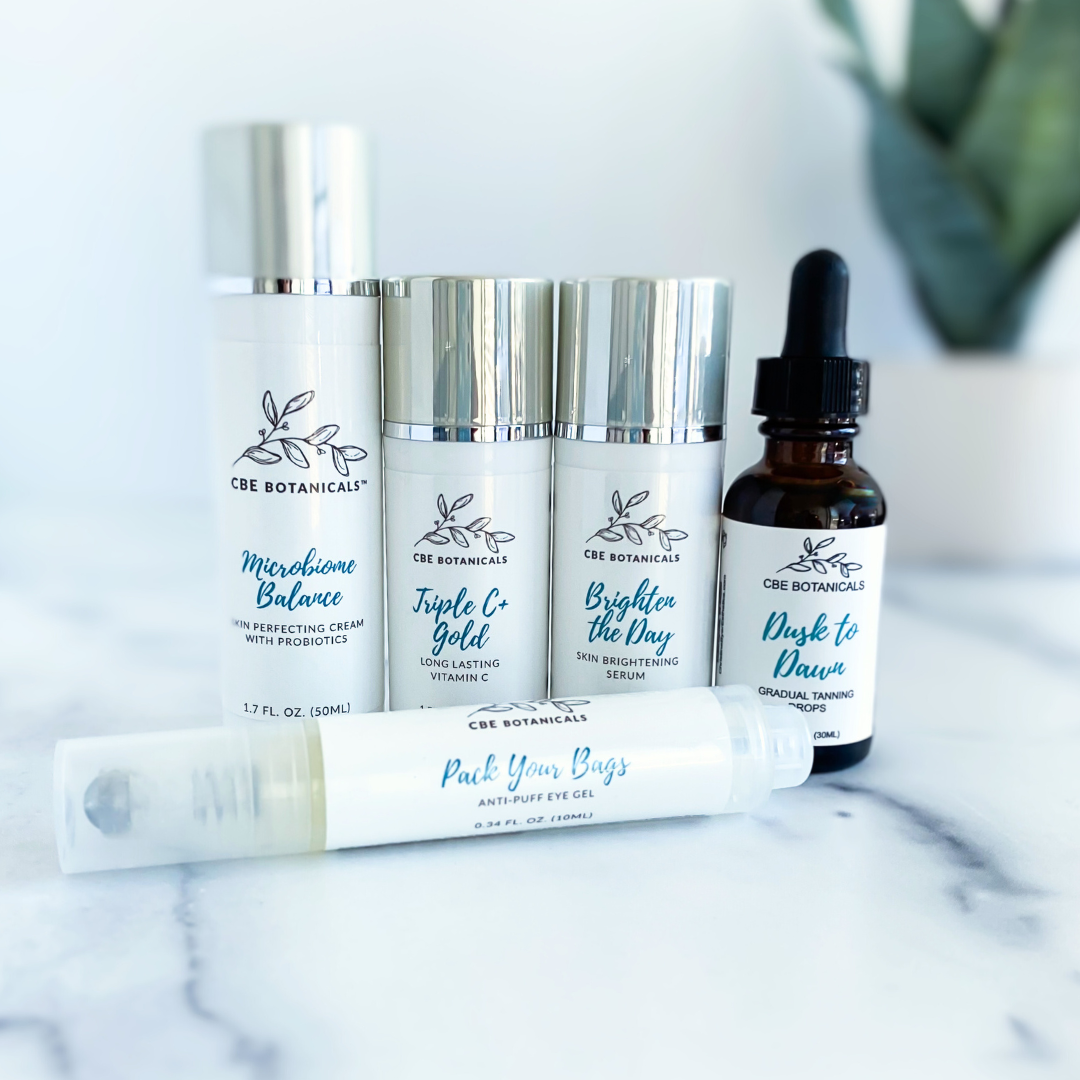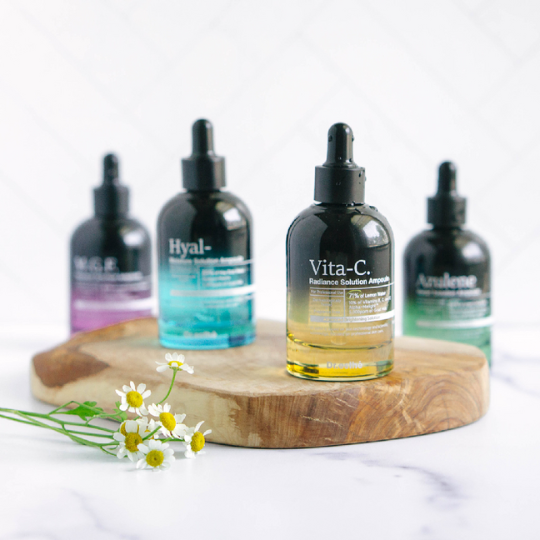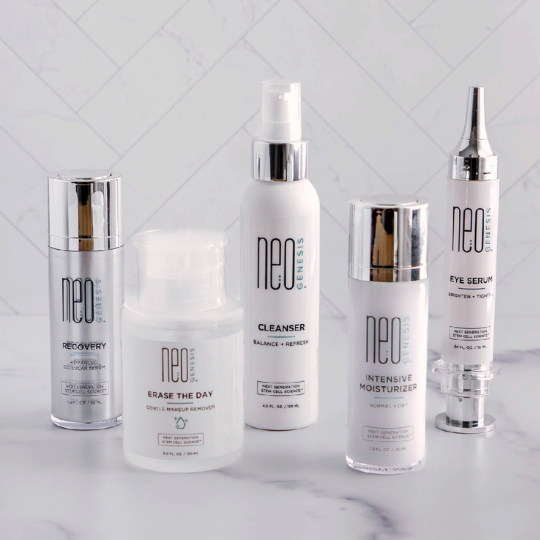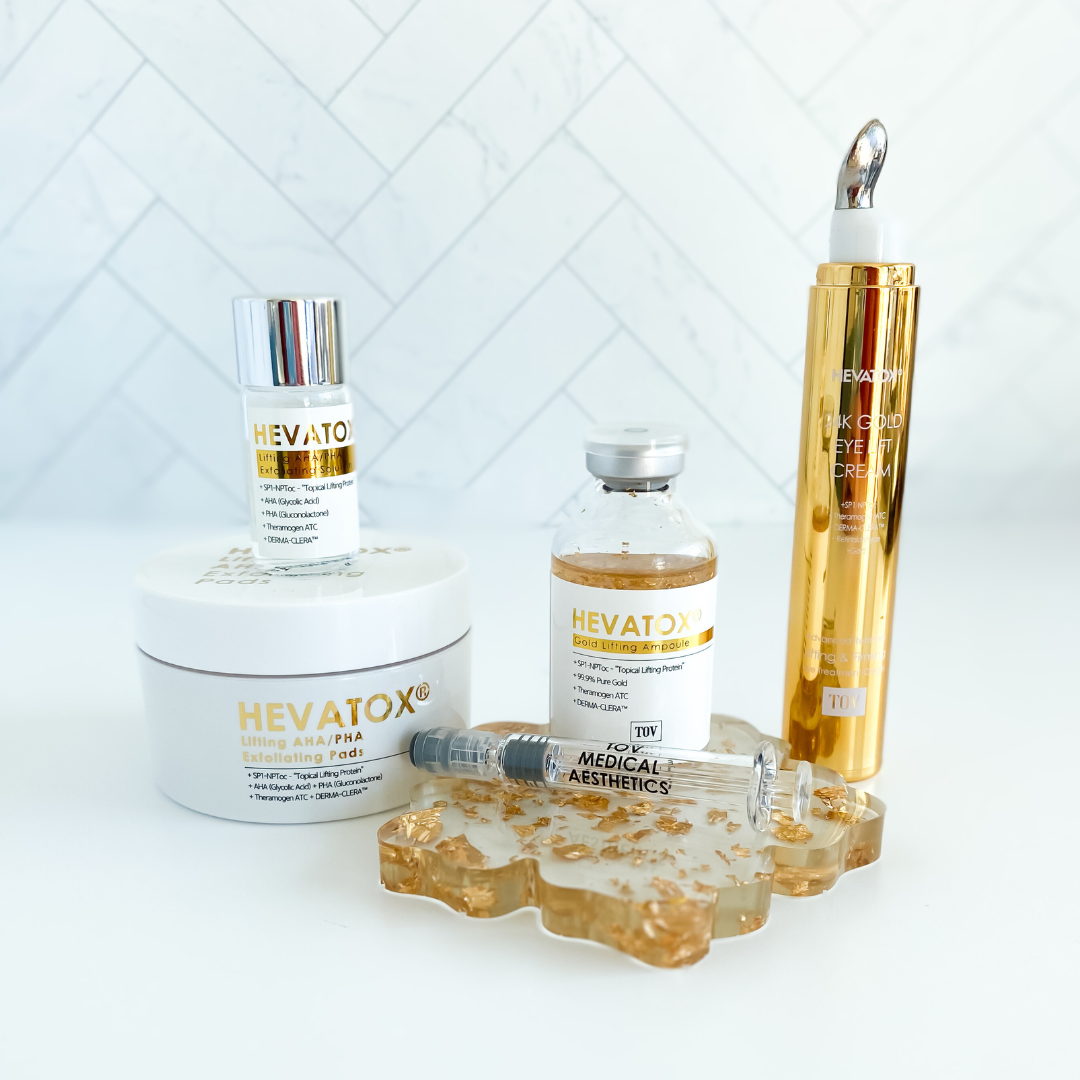All skin types can experience moments of sensitivity but when does this turn into a full-blown “condition?” How do you tell the difference between the skin simply reacting to a product not right for your skin (what I’m going to call reactive skin) and a sensitive skin condition?
Let’s Explore Reactive Skin.
In general terms, reactive skin, well… reacts to irritants when they come into contact with the skin. This can range from certain ingredients in topical products like detergents and facial cleansers to strong sunlight and synthetic fabrics.
Reactive skin tends to become red and tight, with some experiencing breakouts and flaky skin. However, the overall response of reactive skin is it tends to come and go relatively swiftly or can be quickly calmed.
So instead of automatically lumping yourself in the sensitive skin bucket and avoiding everything because of a reaction, the solution is to choose products with ingredients right for your skin.
There are varying degrees of reactivity, with some people experiencing very mild reactions and others experiencing a short bout until the offending ingredient clears the skin. Still, reactive skin is a lot easier to manage than truly sensitive skin.
To treat a reactive flare-up, look for skincare products that contain water-based ingredients, pH balanced, and with higher quality ingredients. Please note, just because a product labels itself organic or all-natural doesn’t mean your skin won’t have a reaction. While you’re having a reaction you might want to avoid overuse of heavy creams and look to lighter formulas. Choose products with ingredients your skin will recognize, in other words, have the ingredients already found in the skin like hyaluronic acid, adult human stem molecules, etc.
Now – Let’s Explore Sensitive Skin
 Unlike reactive skin, when allergens and/or irritants, or offending ingredients come into contact with skin, the body issues a full-blown immune response within minutes of the allergen touching the skin. The body releases antibodies to attack the offending substance which results in visible reddening of the skin, a rash, warmth, or swelling – and sometimes symptoms throughout the body – not just where the product touched the skin.
Unlike reactive skin, when allergens and/or irritants, or offending ingredients come into contact with skin, the body issues a full-blown immune response within minutes of the allergen touching the skin. The body releases antibodies to attack the offending substance which results in visible reddening of the skin, a rash, warmth, or swelling – and sometimes symptoms throughout the body – not just where the product touched the skin.
Sensitive skin can also suffer from a burning or stinging sensation, extreme dehydration, and painful pimples. Sensitive skin usually takes a while to calm down, leaving the skin weakened and prone to damage as the epidermal barrier struggles to rebuild itself.
To manage sensitive skin, it is important to identify the offending substances and allergens and remove them from your daily life. If you are using multiple products, it will be important to identify the offending product by stopping the use of all and introducing one at a time in order to identify the offending product instead of assuming they’re all culprits. Purchase products that have a lower molecular structure to improve the way the cells in your skin reacts to ingredients.
Keep skin hydrated with products containing ingredients like glycerin, sorbitol, or hyaluronic acid. Use products that support a weak epidermal barrier like antioxidants, panthenol (Vitamin B), niacinamides – an ingredient that increases ceramide production and restores skin barrier function. These steps can limit the damage allergens can inflict on the skin. Remember, over-exfoliation and retinoid use can inflame conditions like eczema and rosacea so minimal exfoliation may be required.
Choose pH balanced products:
Cleansers: pH 4.5 – 6; Toners: pH 5 – 6; AHA and BHA Exfoliants: pH 3 – 4; Moisturizers: pH 5 – 7; Serums: pH 4 – 6; Vitamin C (ascorbic acid) products: pH 2.6 – 3.2; Retinol products: pH 3.7 – 6; Sunscreens: pH 5 –7. Get a test strip here.
Please consult with your doctor or dermatologist for professional help with this condition.
Want to get support with your skincare journey? Join us at the Christine Byer Beauty Club. We offer a 14-Day FREE Preview with full access to everything in the Club. Ask Christine questions and have access to savings and the opportunity to win a FREE consultation. If you don’t find value in your membership, cancel within the 14 days at no charge.


